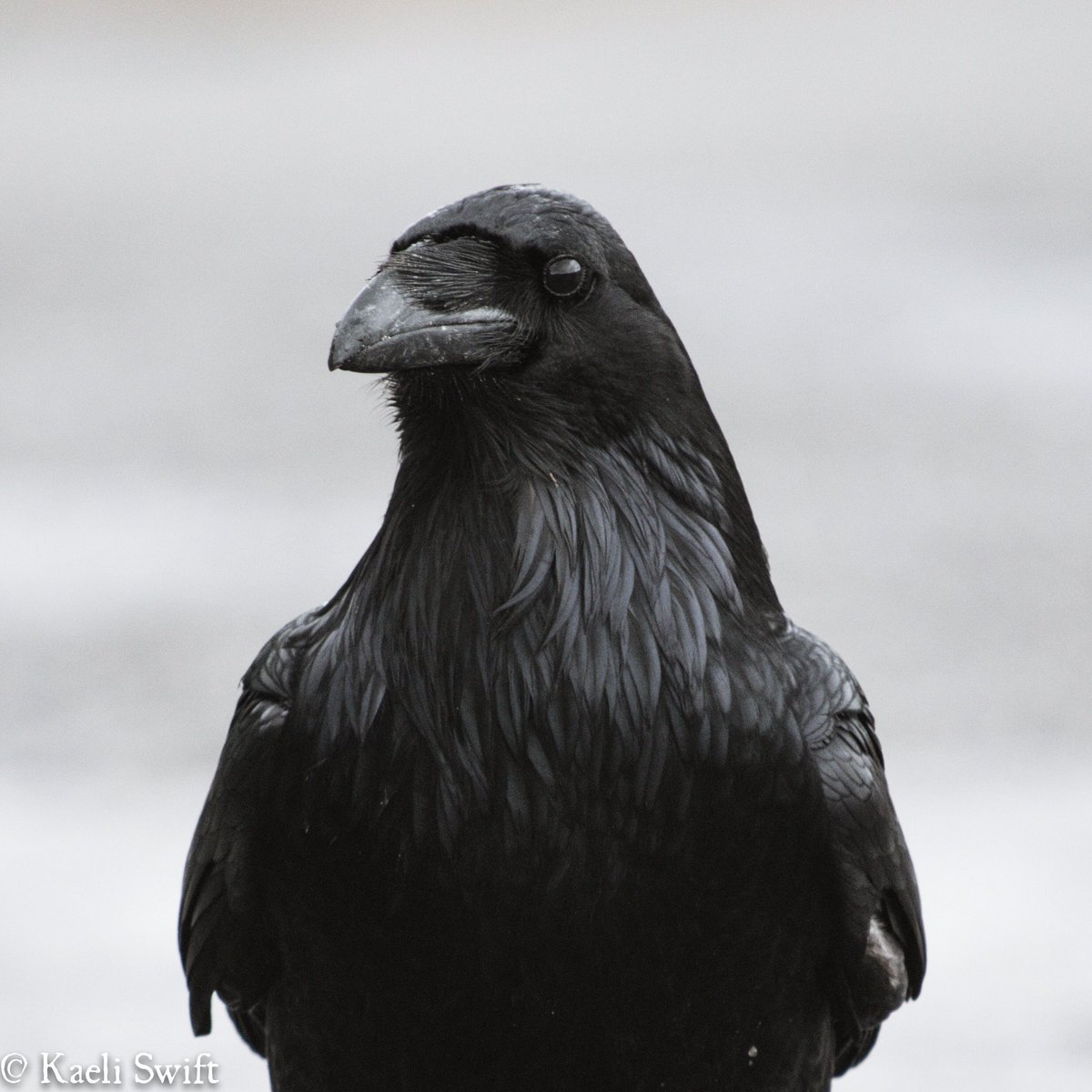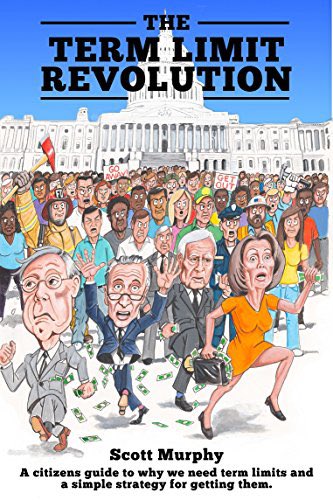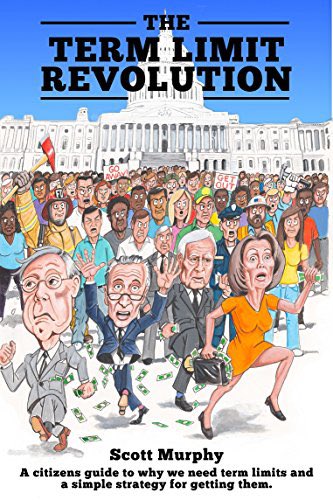It’s a cutthroat world out where those in power try to keep it. Where alliances are formed, coalitions are built, and rivals are squashed.
It sounds harsh, but those are the realities when you’re a raven.

s3.amazonaws.com/academia.edu.d…
sciencedirect.com/science/articl…





